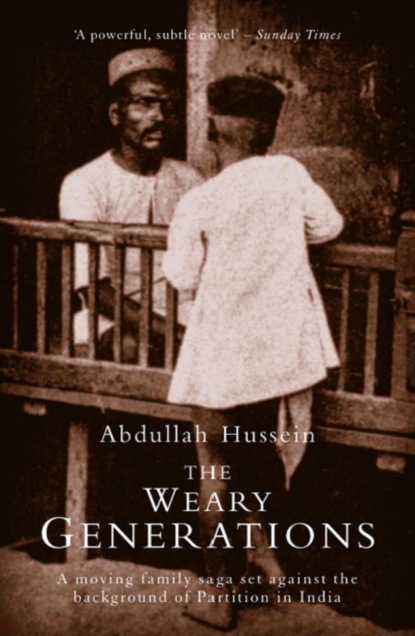Objętość 440 stron
0+
O książce
Published ahead of Paul Scott's Raj Quartet and long before Midnight's Children, Abdullah Hussein's ambitious saga of social struggle The Weary Generations was a bestseller in Urdu. Published in 1963 and now beyond its 40th edition, it has never been out of print. A vivid depiction of the widespread disillusionment and seismic upheavals of the Partition era that lead to the creation of Pakistan and Bangladesh, there has never been a more opportune time to discover one of the most important writings about the post-colonial trauma in the region. Although it has appeared in translation in several Indian languages as well as Chinese, it wasn't until 1999 that it first appeared in English, when the author's translation was published in hardback in the UK by Peter Owen to major critical acclaim and subsequently by Harper Collins in India. This paperback edition has never been more timely and its significance more apparent. It is an essential text for English language readers seeking to comprehend the historical origins of the tensions in the Indian sub-continent. Beginning with the struggle of the people of India against the British Raj, this story of love and marriage between two people of totally different social backgrounds which crumbles almost as soon as as it takes place mirrors the uneasy 'marriage' between the British and their Indian Empire – both unions ultimately ending in a parting of the ways. Naim, son of a peasant, marries Azra, the daughter of a rich landowner. Fighting for the British during the First World War he loses an arm. Invalided home, he becomes angered at the subjugation of his countrymen under the Raj and aligns himself with the opposition. His ideals are swept away after Independence in 1947 when he realises that, as Muslims, his family is no longer safe in their Indian home and that they must migrate to the newly created Pakistan.
